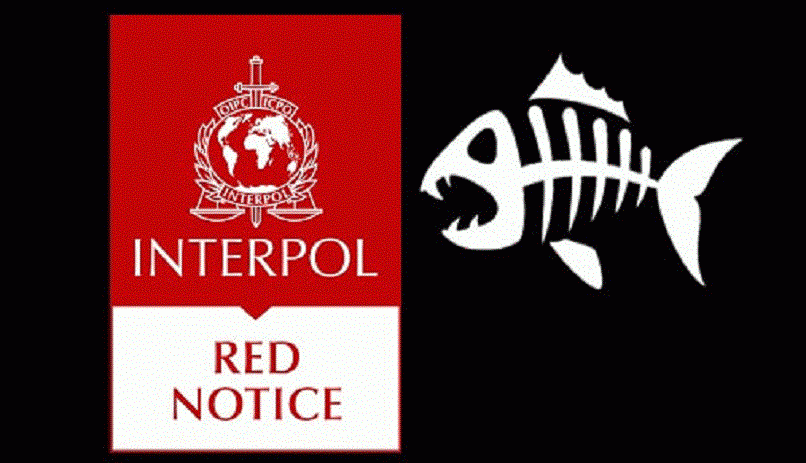Via Interpol, the German police are searching for Peter Krauth, Bernhard Heidbreder and Thomas Walter as members of a “terrorist group”. But all accusations are time-barred in Venezuela and partly also in Germany. The arrest warrants could therefore violate the Interpol statutes.
The German citizen Peter Krauth, who has been imprisoned in Venezuela since November, is free again. His release on Friday followed a ruling by the Supreme Court in Caracas, the website “Ende Aus” reports. His extradition demanded by authorities in Germany is not possible because the accused offences are time-barred under Venezuelan law. Krauth was arrested at 16 November 2020 on an Interpol arrest warrant in Caracas.
The Federal Criminal Police Office (BKA) is searching for Peter Krauth, Bernhard Heidbreder and Thomas Walter as members of the K.O.M.I.T.E.E.. As a “terrorist organization” they are suspected of having carried out an arson attack on a Bundeswehr building in Bad Freienwalde in 1994 which left nobody hurt. One year later, the three allegedly tried to blow up a deportation prison under construction in Berlin-Grünau. A police patrol had become aware of preparations, and the building was eventually left unscathed. According to the BKA, “various pieces of evidence” had been found in a vehicle left behind at the scene of the crime, which the police had assigned to the three. German authorities then published a manhunt.
Almost 20 years later, Heidbreder was discovered in Venezuela and arrested in cooperation with BKA officials. The Supreme Court rejected a request for extradition in 2015, but his release after one year’s imprisonment was delayed for another nine months. Krauth, on the other hand, was able to leave prison extraordinarily quickly after the same sentence, which also surprised his Venezuelan lawyer. The supporters of the three activists attribute this to public pressure. Among others, the well-known Chávez politician and ex-guerrillero Rafael Uzcátegui had publicly raised the issue of Krauth’s slow trial and prison conditions several times.
After the release of Heidbreder, not only Peter Krauth, but also Thomas Walter had dared to break cover. All three now live in Mérida in western Venezuela, where they have applied for recognition as political refugees. According to “Ende Aus”, the BKA must therefore cancel the Interpol arrest warrants for Venezuela. In Article 3 of its statutes, Interpol prohibits any support for political persecution.
In any case, it is questionable why the German authorities did not withdraw the arrest request for Krauth and Walter after the Venezuelan Supreme Court had already clearly decided the matter in the Heidbreder case. A Red Notice from Interpol is also obsolete if it is not successful within a reasonable time. After 25 years, as in the case of the three wanted persons, it should therefore be considered void.
Even in Germany, not all accused crimes can still be prosecuted. For example, the preparation for the detonation of the deportation prison is time-barred after 20 years. In contrast, the conspiracy to commit the same crime, is time-barred after a maximum of 40 years. A complaint by lawyers at the Federal Court of Justice in Karlsruhe against these different limitation periods was rejected. The Federal Constitutional Court did not even accept a complaint against the fact that the idea to commit a crime is pursued longer and punished more severely than its preparation.





Leave a Reply